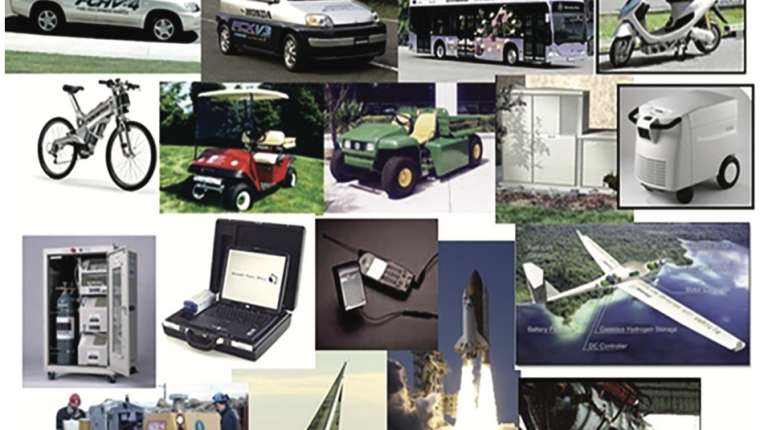
Türe, İ. E. (2022). The ultimate solution for Turkey’s energy, water shortage and climate change problems: Hydrogen fuel. Belt & Road Initiative Quarterly (BRIQ), 3(3), 22-49.

This work is licensed under a
Creative Commons Attribution 4.0 International License.
The above prediction of Jules Verne, whose many predictions have been realized in the books of “From Earth to the Moon”, “Around the World in Eighty Days”, “Twenty Thousand Leagues Under the Sea”, is perhaps much more realistic than the others. Hydrogen fuel has already started to be used in many places. It’s hard to believe, but in the 1960s, hydrogen fuel-powered tractors, golf cars, and even Volkswagen mini busses were produced and used. In these years, the interest in hydrogen has decreased due to the fact that oil was very cheap and the infrastructure was prepared quickly, and unfortunately, this technology has been pushed into the background. These days, clean energies and hydrogen have come to the fore again due to increasing oil prices global warming and climate change. The main disadvantage of clean and inexhaustible energies such as sun and wind is that it is not intermittent and reliable and alongside that cannot be used as fuel. This is where hydrogen gets involved which enables a large amount of energy to be stored. As is known, the biggest problem with energy today is that it cannot be stored in large quantities. Here, a large amount of hydrogen sulfide exists in the Black Sea also has been added to the sources and methods of hydrogen production. Boron reserves of Turkey have been taken into account for the safe storage of hydrogen and are discussed. As stated in the article title, it is explained that the ultimate solution for energy, water shortage, and climate change can be realized by using renewable energy sources, especially electrolysis of seawater, which has infinite potential.In this article, besides the characteristics of hydrogen energy, it has been shown that production technologies, costs, reliability, and hydrogen production from seawater can be the final solution to our country’s and the world’s energy, water scarcity, and climate change problems.
Received: 29.12.2021
Accepted: 25.04.2022
